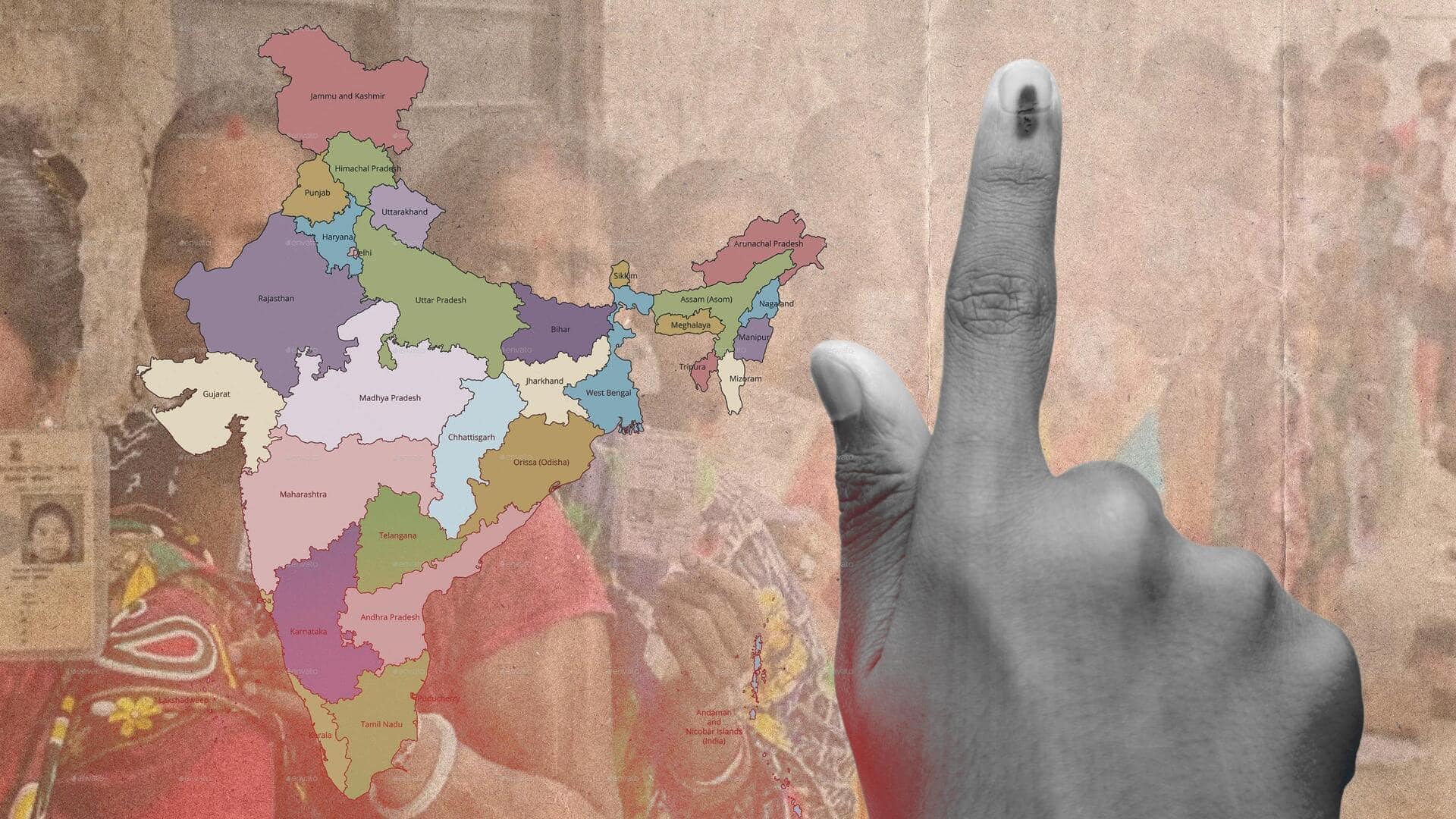
Cabinet approves 'One Nation One Election' bill: Reports
What's the story
The Union Cabinet has approved the "One Nation One Election" bill, which seeks to synchronize Lok Sabha and state assembly elections, according to multiple reports. The bill is likely to be introduced in the ongoing winter session of Parliament. The development comes after the government accepted the recommendations of a high-level committee headed by former President Ram Nath Kovind, which suggested phased simultaneous elections for the Lok Sabha, state assemblies, and local bodies.
Consensus building
Government seeks broad-based consensus on election bill
Anticipating scrutiny of the "One Nation One Election" bill, the government plans to refer it to a Joint Parliamentary Committee (JPC) for review, India Today reported, citing sources. This step is aimed at fostering a broad-based consensus on the proposed legislation. Further, opinions will be sought from state assembly speakers, intellectuals, experts, civil society members, and the public to ensure comprehensive input into this significant electoral reform.
Implementation strategy
Kovind-led panel proposes 2-stage implementation plan
The Kovind-led committee's report, which runs into 18,626 pages, details a two-stage implementation plan for the "One Nation One Election" initiative. The first stage is synchronizing Lok Sabha and state assembly elections. The second stage suggests aligning local body elections with these polls within 100 days of Lok Sabha elections. To implement this electoral reform, the committee has recommended 18 constitutional amendments.
Political backlash
Opposition parties criticize 'One Nation One Election' bill
In September of this year, the Union Cabinet approved the 'One Nation, One Election' idea. Following the Cabinet's approval, Prime Minister Narendra Modi applauded the decision, calling it a crucial step towards strengthening India's democracy. The "One Nation One Election" bill, however, has faced criticism from opposition parties, including the Congress and Aam Aadmi Party (AAP). They claim that this move could benefit the ruling party at the Centre.